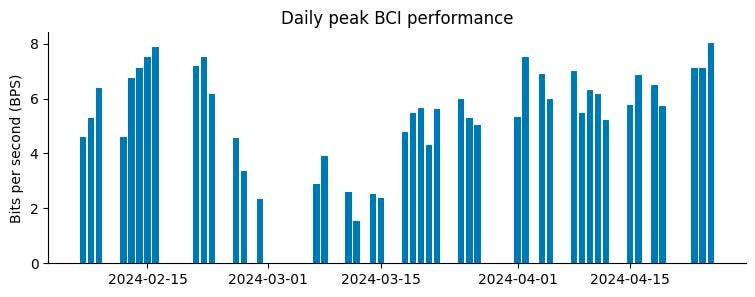Neuralink, Elon Musk’s brain-computer interface (BCI) startup, made headlines when they implanted their first participant, Noland Arbaugh, with the N1 implant in January. The implant records neural activity through 1024 electrodes distributed across 64 threads. In mid-March, Noland showcased his abilities using the implant in a livestream on Musk’s platform, X. However, in May, a blog post revealed that some threads retracted, resulting in a decrease in effective electrodes, which was fixed through software augmentation.
The Wall Street Journal and Wired speculated on possible reasons for the malfunction, leading to further media coverage and scrutiny. Reuters reported that Neuralink knew about the wire retraction issues from their animal testing phase, prompting concerns from the FDA regarding safety. Despite this setback, Neuralink was granted approval to recruit a second patient and move forward with their trials. Arbaugh, in an interview with Wired, expressed surprise at the retraction issues but stated that the threads have stabilized since then.
As the story gained traction, questions were raised about the informed consent process for experimental trials, particularly regarding the information provided to participants about potential risks. As companies develop and test BCIs with different designs, improving the informed consent process to ensure participants understand risks and benefits becomes crucial. The Office of Human Research Protection oversees informed consent, but there is a need for reform to make consent documents more accessible and understandable.
The promotion of the BCI, including showcasing the first patient in social media posts, raised concerns about regulatory guidelines. While the FDA prohibits promotion of investigational devices until they are approved for commercial distribution, the rules may not adequately address the use of social media and celebrity endorsements. Patient advocates emphasize the importance of safety and education in BCI trials, as participants navigate complex choices with potentially life-altering consequences.
Despite the challenges, the discussion surrounding Neuralink’s implant malfunction has sparked important reflections on safety, ethics, and transparency in the neurotech industry. The incident serves as a reminder for companies to prioritize compliance with safety studies over speed to market, and for regulators to adapt to the evolving landscape of social media and high-profile founders. Overall, the dialogue surrounding this issue is seen as a positive step towards improving the development and oversight of BCIs for the benefit of patients and the public.


